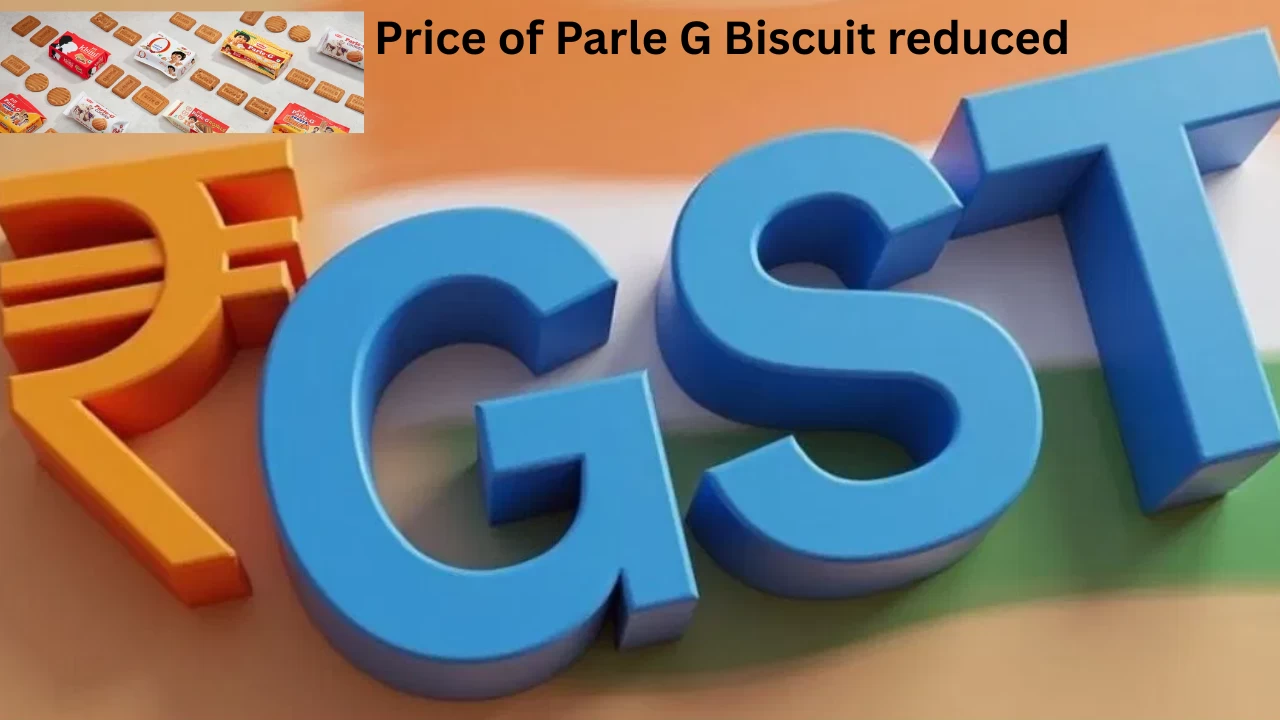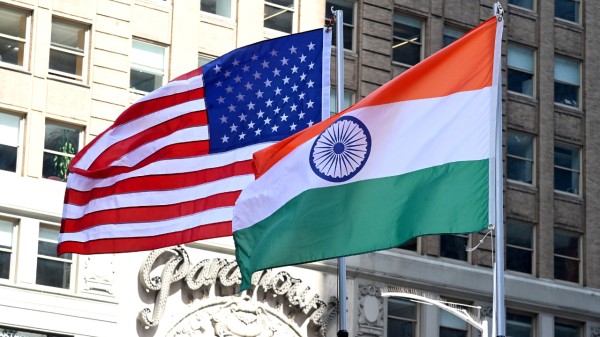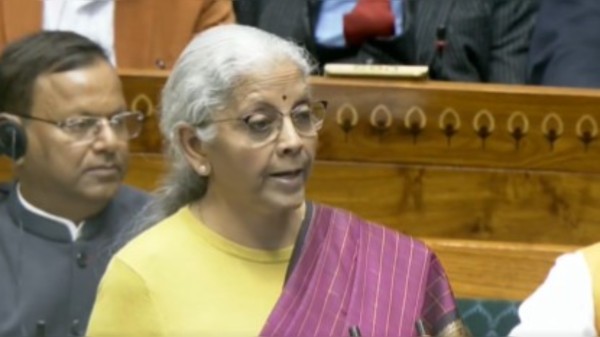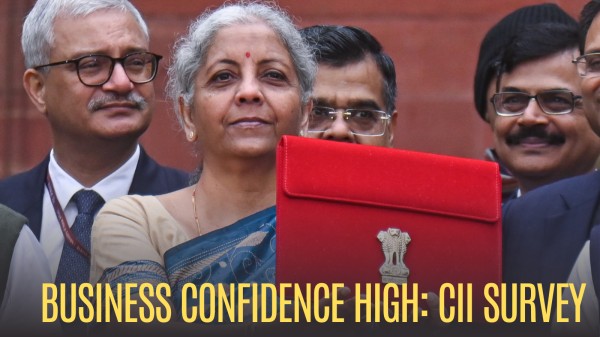

By signing in or creating an account, you agree with Associated Broadcasting Company's Terms & Conditions and Privacy Policy.


By signing in or creating an account, you agree with Associated Broadcasting Company's Terms & Conditions and Privacy Policy.

New Delhi: Following the new GST rates kicking in from September 23, 2025, big Fast-moving consumer goods (FMCG) brands such as Parle and Mondelez have backed away from their popular prices. Like the small Parle-G biscuit which used to cost Rs 5 will now be available for Rs 4.45. Similarly, the shampoo sachets which were priced Rs 2, will not cost Rs 1.77. The Re1 candy is now available for 88 paise.
The majority of the FMCG biggies have reduced the ‘popular’ prices of some of the products. This has been done as the companies have sought clarification from the government on whether increasing product weight at the same price could be interpreted as a legitimate price cut under the new GST regime, The ET reported.
Speaking to The ET, Mayank Shah, vice president at Parle Products, said, the company is expecting the customers to make the payments through UPI (Unified Payments Interface) or buy larger or multiple packs
“We are still awaiting clarity and hope to be allowed to pass on the tax cut through grammage increases,” Shah said.
Mondelez, India's biggest confectioner brand, has priced the Bournvita pouch to Rs 26.69 from Rs 30, Oreo cookies pack is now available for Rs 8.90, earlier it was Rs 10. The Rs 20 pack of Gems and 5Star are now priced Rs 17.80.
Mondelez in a release stated that the new maximum retail price (MRP) on products will be inclusive of the GST benefits and trade partners are required to pass on full benefits to consumers.
During inflation, several firms sell their products with lower and popular price points by reducing the quantity in packs. Notably, in 2017, the National Anti-Profiteering Authority (NAA) imposed penalty on FMCG firms for allegedly not passing on benefits to consumers following the rollout of GST.
“The inconvenience of something in between magic price points is just too much for the larger industry,” said Prashant Peres, managing director at Kellanova India and South Asia.
“So, in the short term, there will be some slashing of prices that we will do, or many others will do, because we just can't turn around the supply chain fast enough. But in the long term, it will be grammage, and we will go to those price points,” Peers was quoted by ET.












